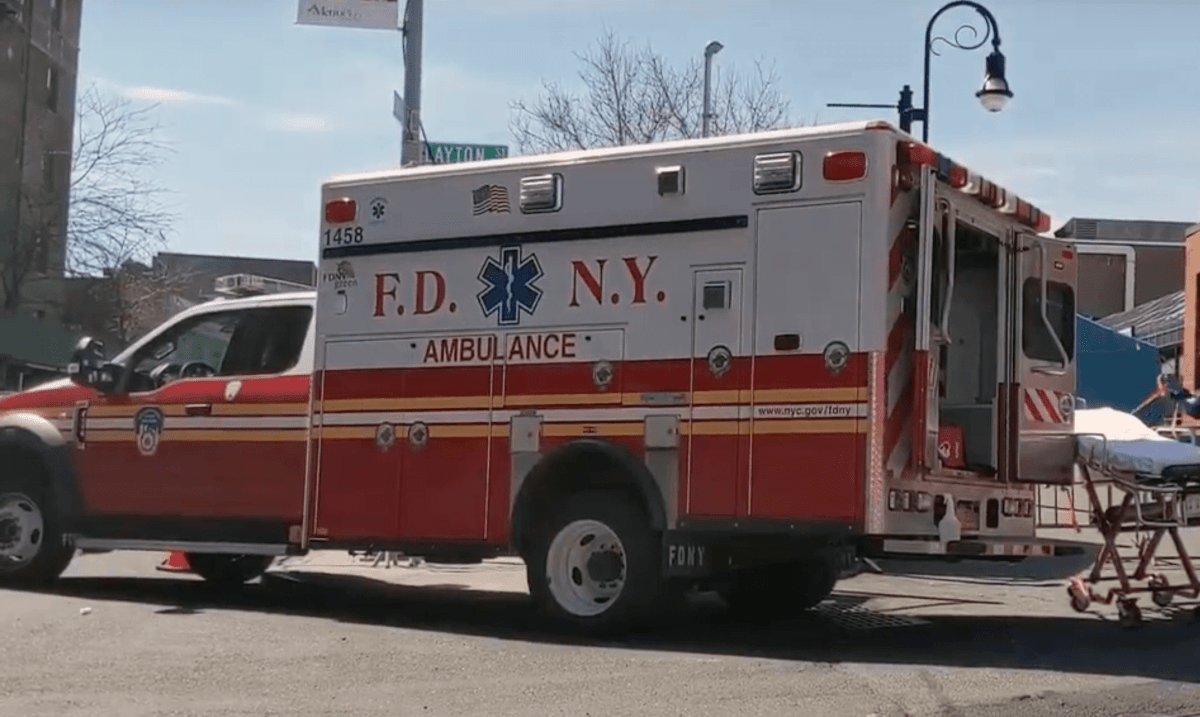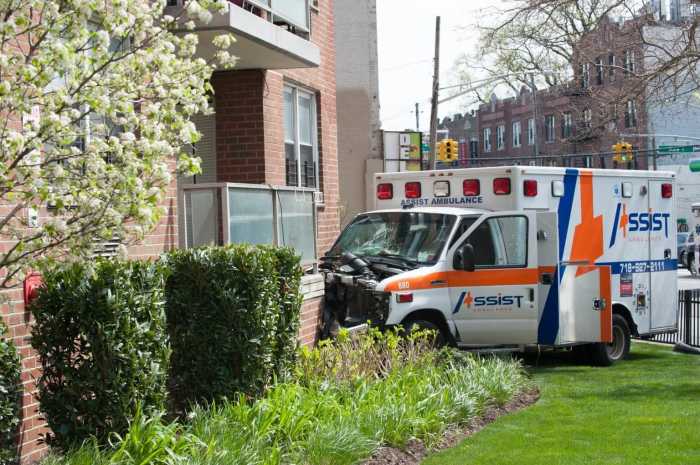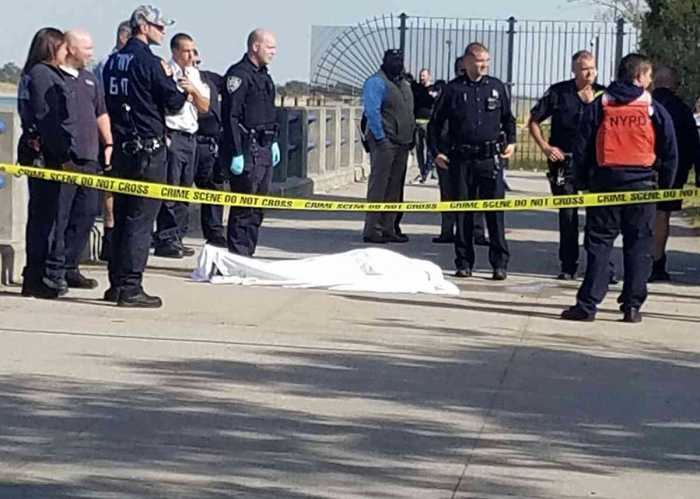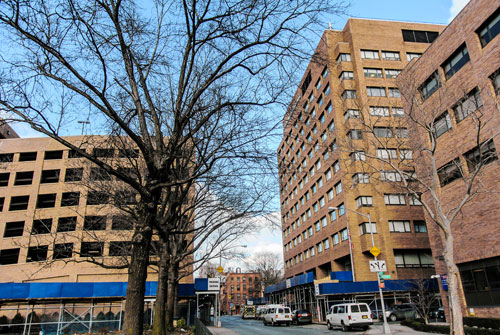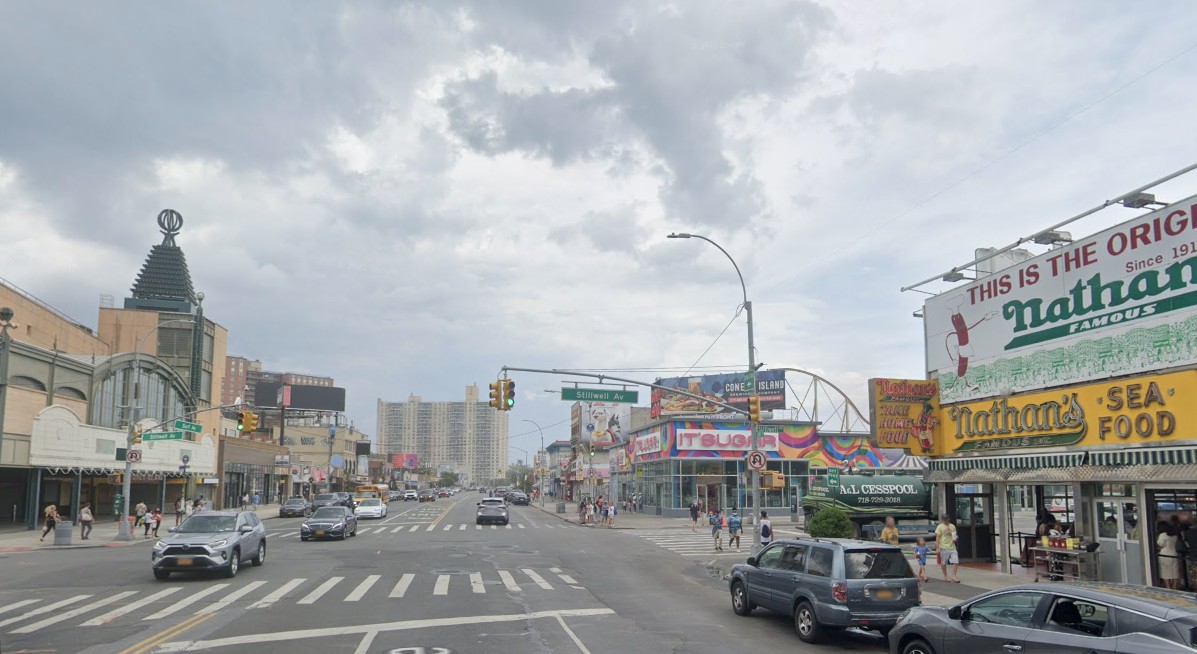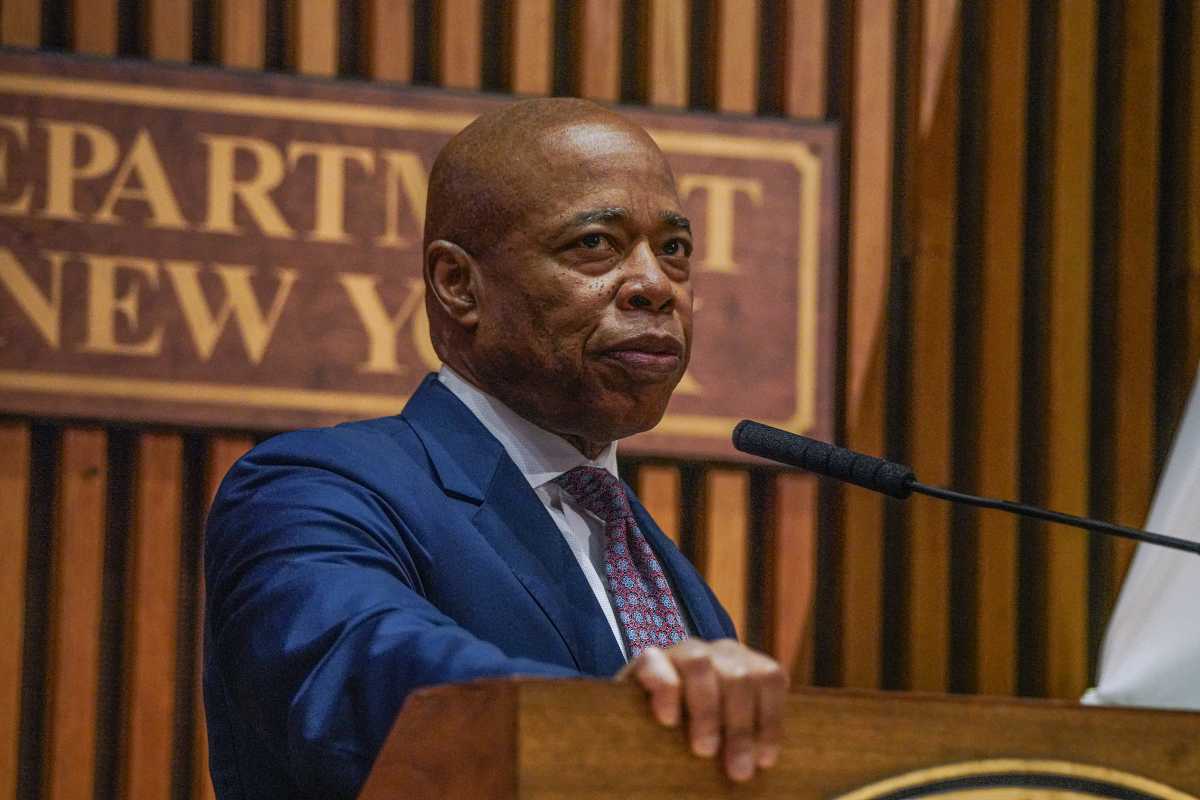Ambulances in Brooklyn are being delayed by up to two hours as emergency rooms are overrun with a massive influx of patients infected with the novel coronavirus, according to statistics from a first responders union.
“Generally an ambulance used to get in and out between 20 to 30 minutes, now it’s like an hour to two hours depending on the severity,” said Vinny Variale, FDNY EMT and president of the Uniformed EMS Officers Union.
Protocol requires the city’s paramedics to wait with patients until the hospital has an available bed — and the above-average wait times force crucial emergency services to be held up in hospital parking lots, rather than responding to other emergency calls.
“Longer wait times keep an ambulance at the hospital longer, and unable to go back in service,” Variale said. “I can’t respond to the next call.”
Wait times in Brooklyn are second in the city to neighboring Queens, which recorded the highest average delays in the Five Boroughs as the area becomes a national hotspot for the pandemic, which is compounded by the low volume of nearby hospitals, said Variale.
“It is really all about the hospitals being overwhelmed and not having the ability to put the patients anywhere,” he said. “Finding a hospital that is available when you need one is a hot commodity these days.”
And while hospitals are delaying paramedics’ response time, emergency services are seeing record high volumes of calls.
Making matters worse, Variale claimed that 24 percent of first responders — who routinely interact closely with coronavirus patients — are out sick, leaving emergency personnel vastly overworked in order to keep up.
“So we are really dealing with an increased call volume and a smaller amount of people handling the call volume,” Variale said. “And it is taking a toll physically, mentally, emotionally. Paramedics are really feeling it.”
Paramedics have also seen a sharp rise in cardiac arrest calls since the onset of the crisis, with more than 300 calls per day citywide, compared with an average of 80 daily calls prior to the pandemic, according to Variale.
In order to keep ambulances staffed, Variale said overtime has been through the roof with paramedics working 16 hour-shifts, four to five days a week, since the onset of COVID-19.
“Right now more than ever, we have a lot of overtime,” Variale said. “People are working double shifts almost everyday.”
But the situation did not come out of nowhere, according to the union head, who said the unit has also been denied proper funding and preparation.
“To exacerbate the problem further, EMS has always been grossly underfunded and understaffed,” Variale said. “So we went into this crisis understaffed, and now 24 percent of the workforce is out sick.”
Variale blasted FDNY brass for advising paramedics to only adorn gloves and face masks in high-risk situations in an effort to conserve medical supply stockpiles — saying emergency medical staff should always be given proper protective gear when responding to all calls to keep from falling ill, or spreading the virus to others.
“They are trying to ration masks, but any call we go to we have to be concerned we are going to be exposed to the coronavirus,” he said. “And we have told [paramedics] if you don’t feel safe, don’t worry about the department, use it and will be there to defend you rigorously.”
If a paramedic shows symptoms for the virus, they have been put up in hotels to distance them from their families and others — but, Variale said, many asymptomatic first responders have taken to sleeping in their cars out of an abundance of caution.
“They don’t want to go home and bring this to their family,” he said. “And more importantly, if they are positive, they don’t want to give it to their patients.”
Alternative housing for paramedics has been partially funded by the EMS FDNY Help Fund which provides financial support to the city’s emergency personnel, who Variale claims are severely underpaid.
“In this time of need, a lot of them they need places to stay, they need food, they need help,” Variale said. “The income of an EMT is $48,000 a year. A lot of them can’t afford to eat out every night or pay for a lot of these things.”
Donations can be made to EMS FDNY Help Fund at www.emsfdnyhelpfund.com.


